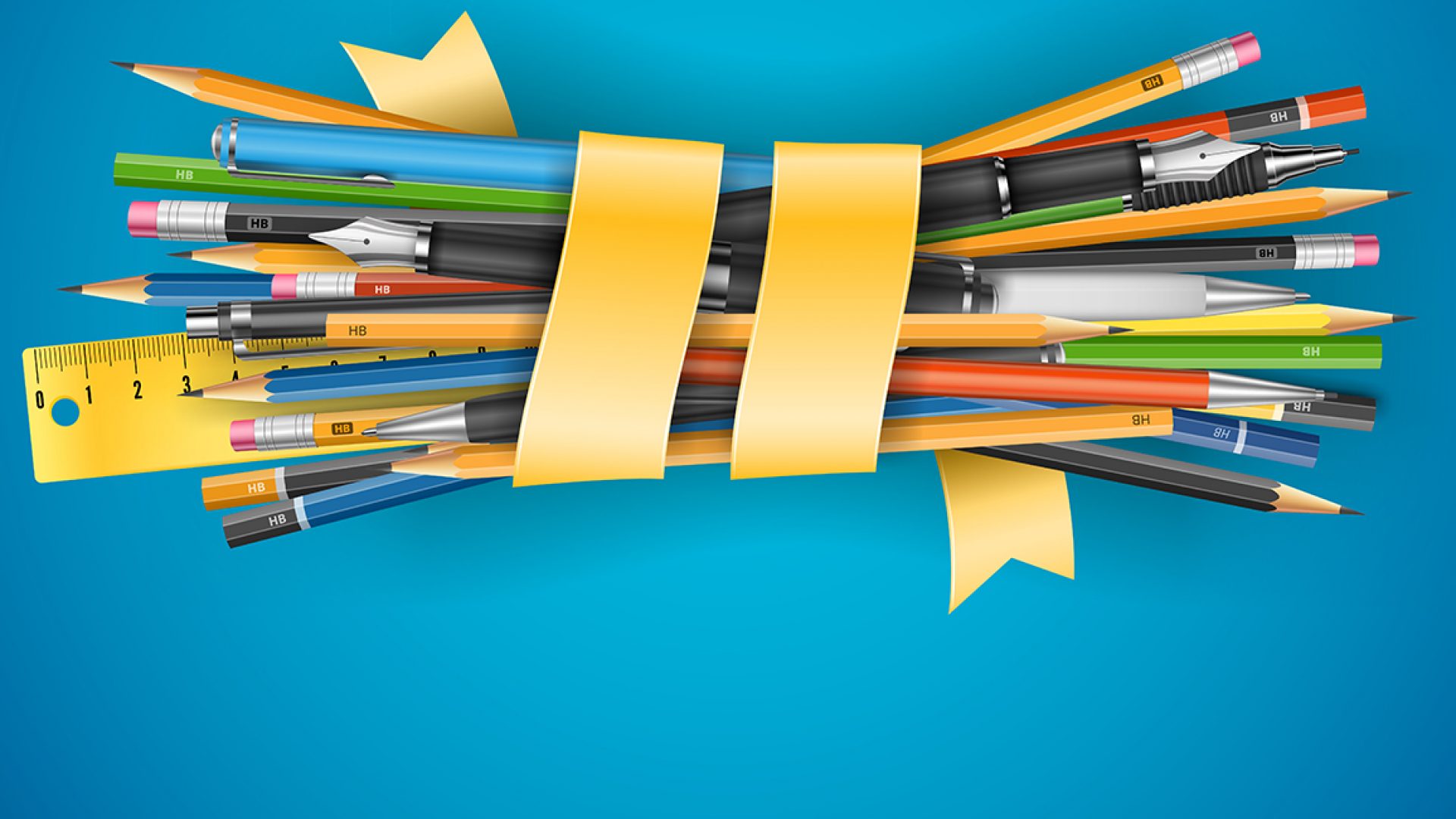Warning: this article may contain some math. Sorry, parents.
While our students are getting ready to go back to school, and our lists of school supplies and other things they need for the school year are growing, it’s important to remember that any high credit card balances you accumulate can have an affect on your credit score. This article from U.S. News educates us on the details.
Parents are no doubt well aware that hasty back-to-school shopping can do serious damage to their bank accounts, but there’s another reason to be mindful of how much money those clothes, books, crayons and markers are costing you.
Overspending on supplies could easily wind up hurting your credit score. That’s because carrying a high credit card balance will negatively skew what’s known as your credit utilization rate.
This rate – essentially how much debt you are carrying versus how much credit has been extended to you – is the second most important component of major credit scoring models, including the widely known FICO and VantageScore credit scores. (The most important factor used in score calculations involves whether or not you pay your bills on time.)
For best scoring results, “you do not want your utilization as a whole or on individual accounts to be greater than 30 percent” of the available credit limits, says Rod Griffin, director of public education at credit bureau Experian. “That’s the maximum.”
Any percent over that threshold will be treated as a sign that you’re overextending your finances. For lenders, it’s a red flag that you could run into trouble making payments on any or all of your loans down the line, Griffin says.
To ensure those designer backpacks and expensive scientific calculators don’t negatively skew your ratio and send your score tumbling, a few things need to happen. First, you’ll want to know how much debt you’re carrying on your credit cards, especially if you plan on applying for any loans shortly after your back-to-school shopping is complete.
Knowing this information will help you determine how much you can afford to charge without going over that important 30 percent threshold – and it will let you know if a particular card needs to be put on ice.
Also make sure to pay down any card that’s bumping up against its credit limit as soon as possible, since that high balance is most certainly already causing your score to suffer.
Next, be sure to stay on budget so you can avoid revolving a balance and paying interest on those purchases.
“Ideally, you would be paying your bills in full each month,” Griffin says. “The lower your utilization, the better for scores generally.”
To keep costs under control, spread school spending out over time. When it comes to clothing, for instance, consumer savings expert Andrea Woroch suggests buying summer clearance items now. Then wait for fall clothing to go on sale.
Finally, you’ll need to pay off any school-related expenses by your statement’s closing date – as opposed to its due date – because that’s typically when credit card issuers report balances to the three major credit bureaus.




